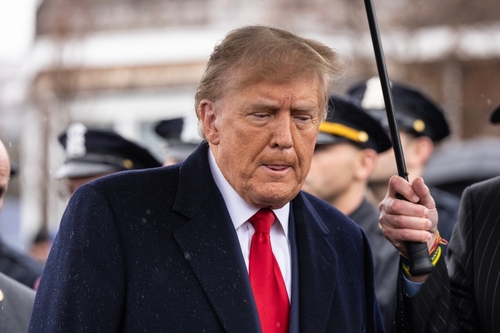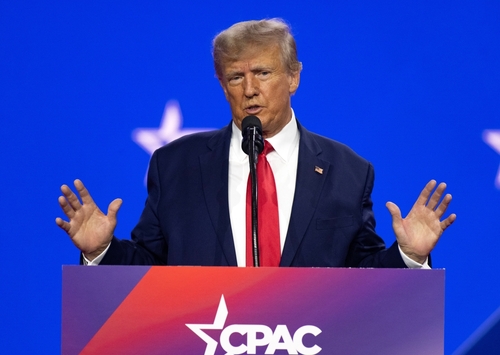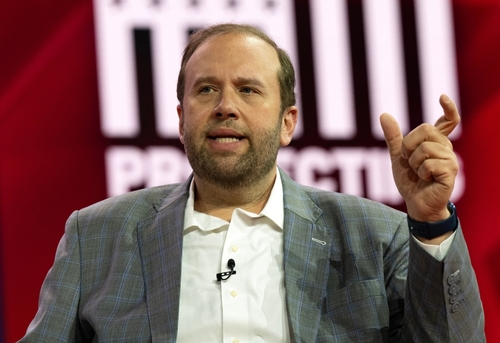Donald Trump stirs controversy with claims regarding President Joe Biden’s health as concerns about transparency loom over public consciousness.
At a Glance
- Donald Trump questions Biden’s prostate cancer diagnosis disclosure.
- Trump highlights his own health checkup results in contrast.
- Skepticism arises regarding transparency from Biden’s medical team.
- Concerns over late-stage cancer diagnosis prompt public dialogue.
Allegations of Transparency Issues
Donald Trump reacted to President Joe Biden’s prostate cancer diagnosis by questioning why it was not disclosed earlier. Trump highlighted his clean bill of health to contrast the situation, expressing surprise at the public not being informed earlier. Medical concerns emerged as Biden’s cancer, described as aggressive, raised questions about the transparency and timing of the diagnosis.
Trump suggested the possibility of a cover-up, echoing his son Donald Trump Jr.’s speculations. Emphasizing the cancer’s severity, Trump labeled the situation as “very dangerous” and underscored the necessity for public awareness and preparedness against unexpected health disclosures of national leaders.
Media and Public Reactions
Meghan McCain dismissed conspiracy theories, advocating for privacy respect towards the Biden family. However, Trump’s comments sparked curiosity and concern among the public and media. Questions arose about how Biden’s cancer developed into such a critical state without earlier detection. Medical experts indicated that the type of cancer Biden has typically takes several years to reach the aggressive level discovered.
“I think it’s very sad, actually. I’m surprised that the public wasn’t notified a long time ago, because to get to Stage 9, that’s a long time.” – Donald Trump.
Skepticism toward the diagnosis timing was voiced, with Trump implying a lack of thoroughness from Biden’s doctors. Dr. Steven Quay remarked on the cancer’s late detection, suggesting more proactive measures could have been implemented.
Health and Political Implications
The discussion transcended individual health concerns, branching into political ramifications. By framing these health disclosures as potentially misleading, Trump signaled a need for thorough scrutiny and policy introduction on the transparency of health-related information for public officials. The gravity of such circumstances reminds us of our vulnerability and the crucial role transparency plays in governance and public trust.
“The other thing is, you have to say, why did it take so long when you — this takes a long time. It can take years to get to this level of danger. So it’s a — look, it’s a very, very sad situation, and I feel very badly about it, and I think people should try and find out what happened” – Donald Trump.
In highlighting these “very dangerous” circumstances, authorities are encouraged to fortify transparent practices and ensure preventive strategies are robust enough to mitigate risks. This serves as a call for preparedness and better protective frameworks to anticipate and prevent future instances of such unexpected developments.






